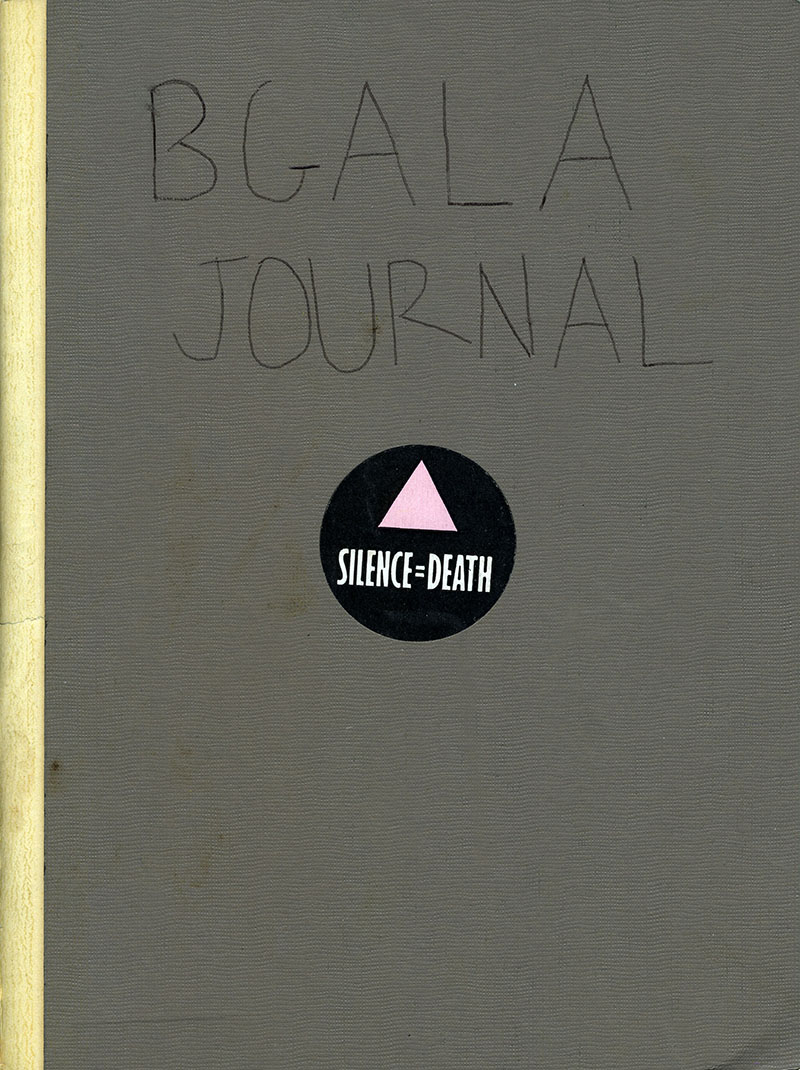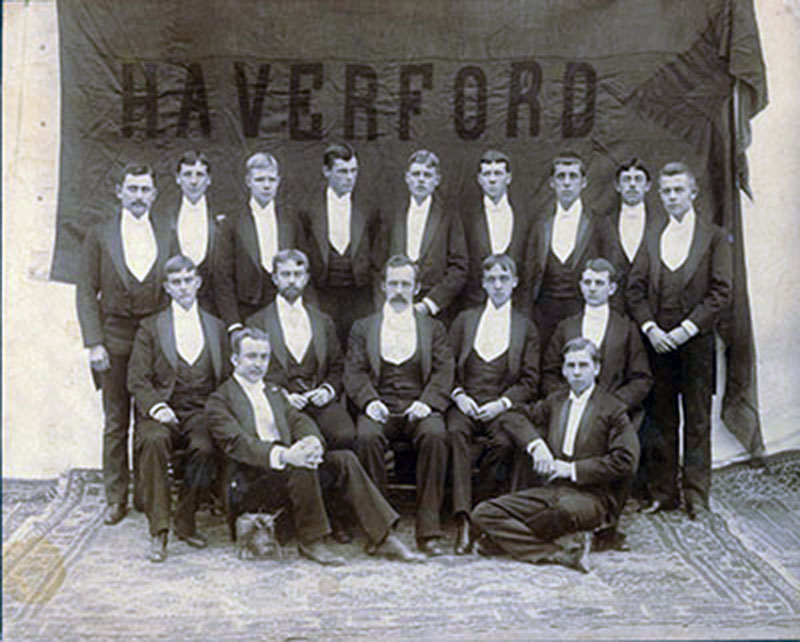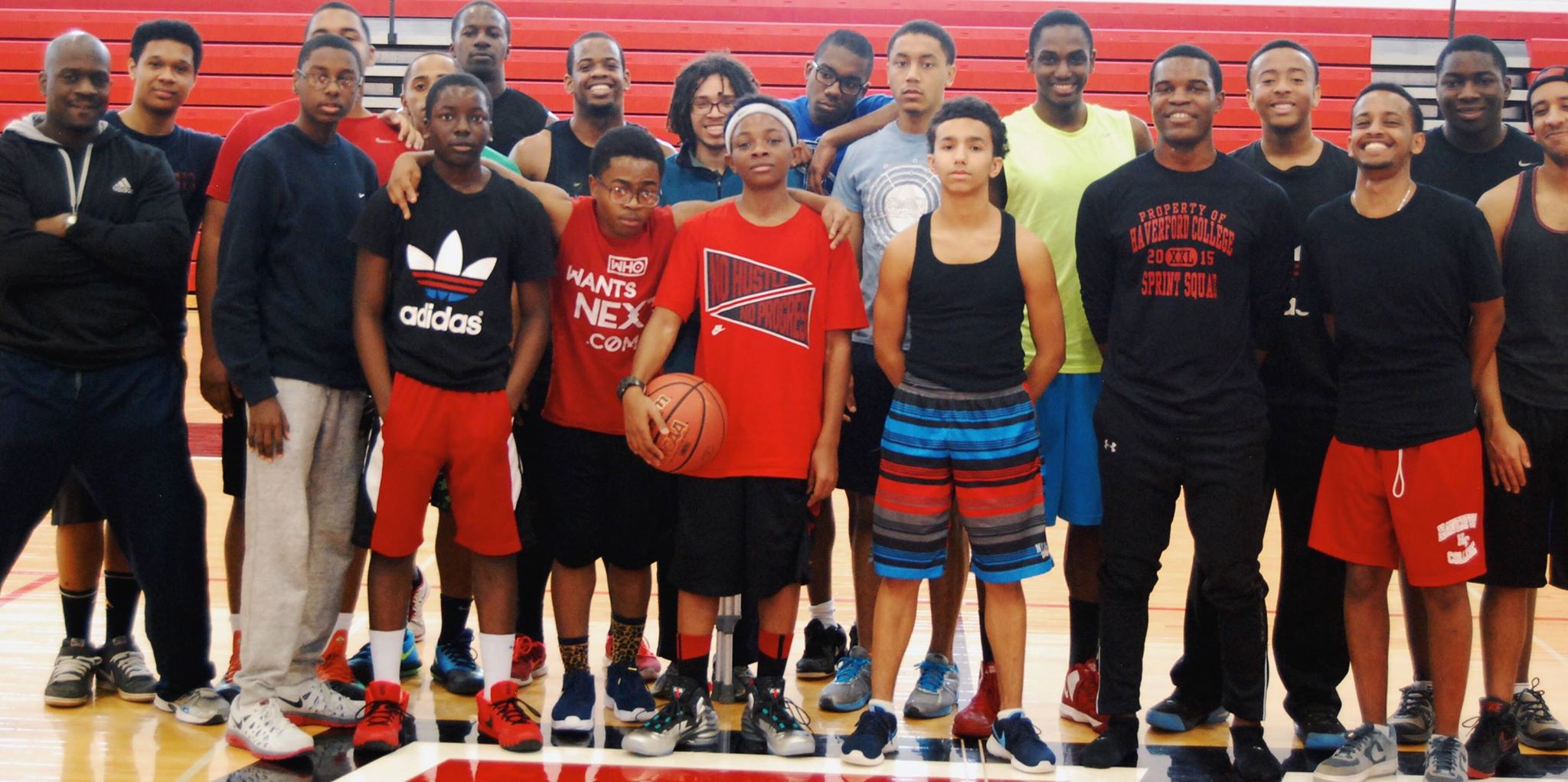When evaluating your records, it is important to consider the following questions:
Does this record impact the understanding of your organization/club, its activities, and its role within the Haverford community?
Would this records be interesting or helpful to future members, students, or researchers?
Does this record relate to other documents your organization/club maintains?
If you answered yes to any of these questions, then it should be considered for retention and included in your archive.
As you evaluate your organization/club's records, remember: When in doubt, don't throw it out! Keep the records and contact the College Archivist for guidance.
The following types of records are samples of what typically holds enduring or historical value to student organizations/clubs:

Journal, ca. 1995

Performance Regalia, 1888-1889

Hoopla Basketball Tournament, February 2015
The following records can be kept by your organization/club until no longer needed and then discarded: